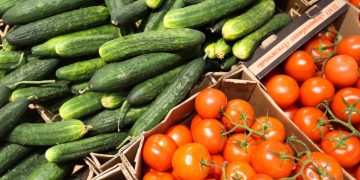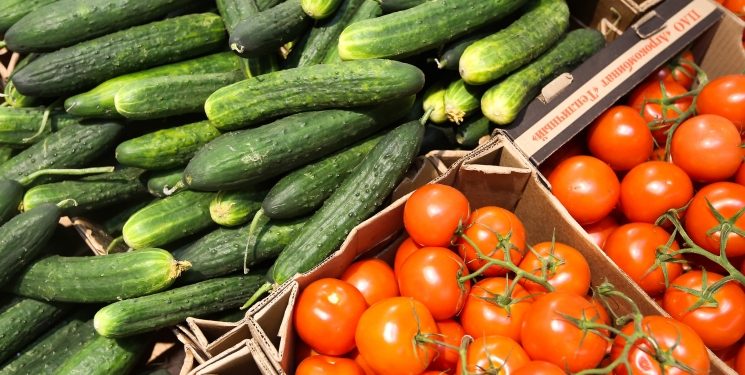It is planned to allocate more than 3 billion rubles for its implementation within six years.
Now about 80% of the sown area is occupied by imported hybrids of vegetable crops.
The Ministry of Agriculture, within the framework of the Federal Scientific and Technical Program (FSTP) for the Development of Agriculture for 2017-2030, together with the Ministry of Education and Science and the Russian Academy of Sciences, has developed a subprogram “Development of selection and seed production of vegetable crops.” The draft government decree on its inclusion in the FSTP is posted on the portal of draft regulatory legal acts. The subprogram is aimed at creating and introducing competitive domestic varieties and hybrids of vegetable crops, as well as technologies based on the latest scientific achievements, the explanatory note to the document says.
The annual need of the country’s population for fresh vegetables is estimated at 18.3 million tons, the shortage of domestic products is 19.8% and is compensated by imports, while the consumption of vegetables is 22.9% below the norm, the authors of the document calculated.
The explanatory note states that the largest share in vegetable crops is occupied by tomatoes (16%), cabbage (15%), onions (11.9%), carrots (9%) and cucumbers (7.8%). At the same time, the Ministry of Agriculture notes an increase in the yield of vegetables of the “borscht” set. Thus, over the past 10 years, the average yield of cabbage has increased from 230 c/ha to 344 c/ha, beets – from 180 c/ha to 243 c/ha, carrots – from 186 c/ha to 298 c/ha, onions – from 174 c/ha to 285 c/ha. “The main factors for increasing yields were the use of high-yielding varieties and hybrids of vegetable crops, mainly of foreign selection, and the use of intensive technologies for the production of vegetables in open and protected ground. However, the yield of vegetable crops in Russia is significantly lower than in the developed countries of the world,” the authors of the subprogram admit, specifying that about 80% of the sown area is occupied by imported hybrids of vegetable crops.
The low competitiveness of domestic breeding is due to the slow introduction of new varieties and hybrids, the underdevelopment or lack of the necessary infrastructure for the seed and planting material market, problems with the protection of copyrights and patent holders’ rights, and the outdated physical and morally technical base for breeding work and seed production, the explanatory note says. The FNTP subprogram is designed to solve these problems.
The subprogram contains target indicators for the number of registered results of intellectual activity, the number of collections of varieties and hybrids of vegetable crops, organizations that have created scientific divisions in this area, etc. In particular, the document concerns new hybrids of tomato, cucumber, eggplant, pepper, carrots and other vegetables. The subprogram is planned to be implemented with the help of complex scientific and technical projects. The main emphasis will be placed on the responsibility of project customers for the introduction of new varieties and hybrids, as well as technologies, into industrial production. The share of seeds of new competitive hybrids in the total volume of sown seeds of varieties and hybrids as a result of the implementation of the subprogram should be from 15% to 50%, depending on the crop.
The subprogram is designed for 2024-2030, it is planned to allocate more than 3 billion rubles for its implementation. from the federal budget. At the same time, the draft resolution notes that the amount of budget allocations will be specified when redistributing federal budget funds provided for the implementation of the State Program, as well as additional income from the agro-industrial and fishery complexes.






























